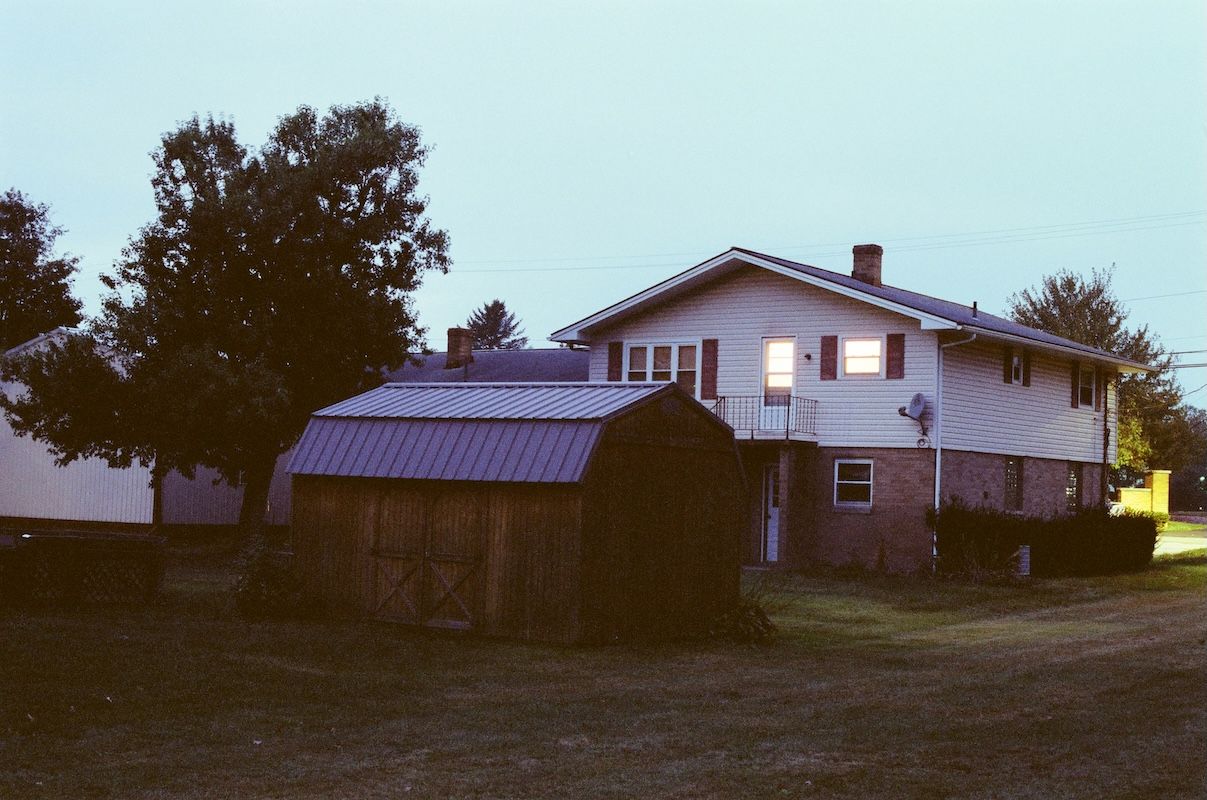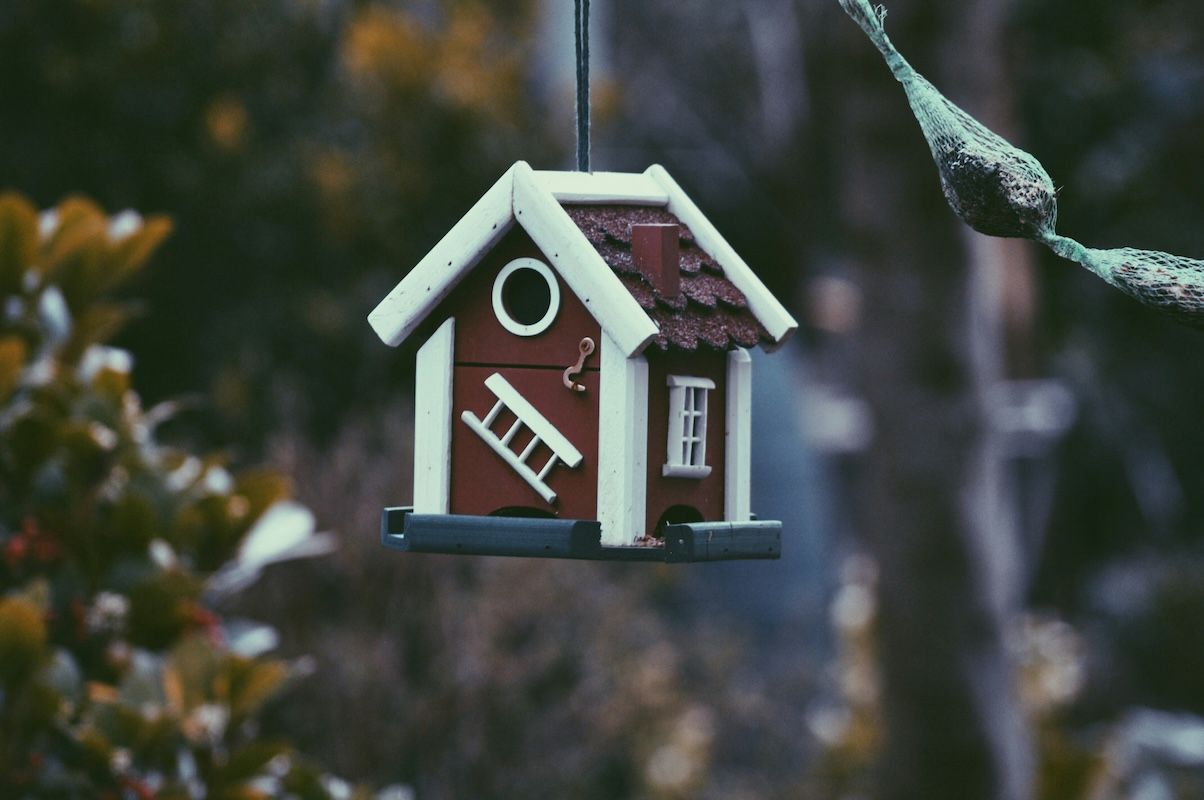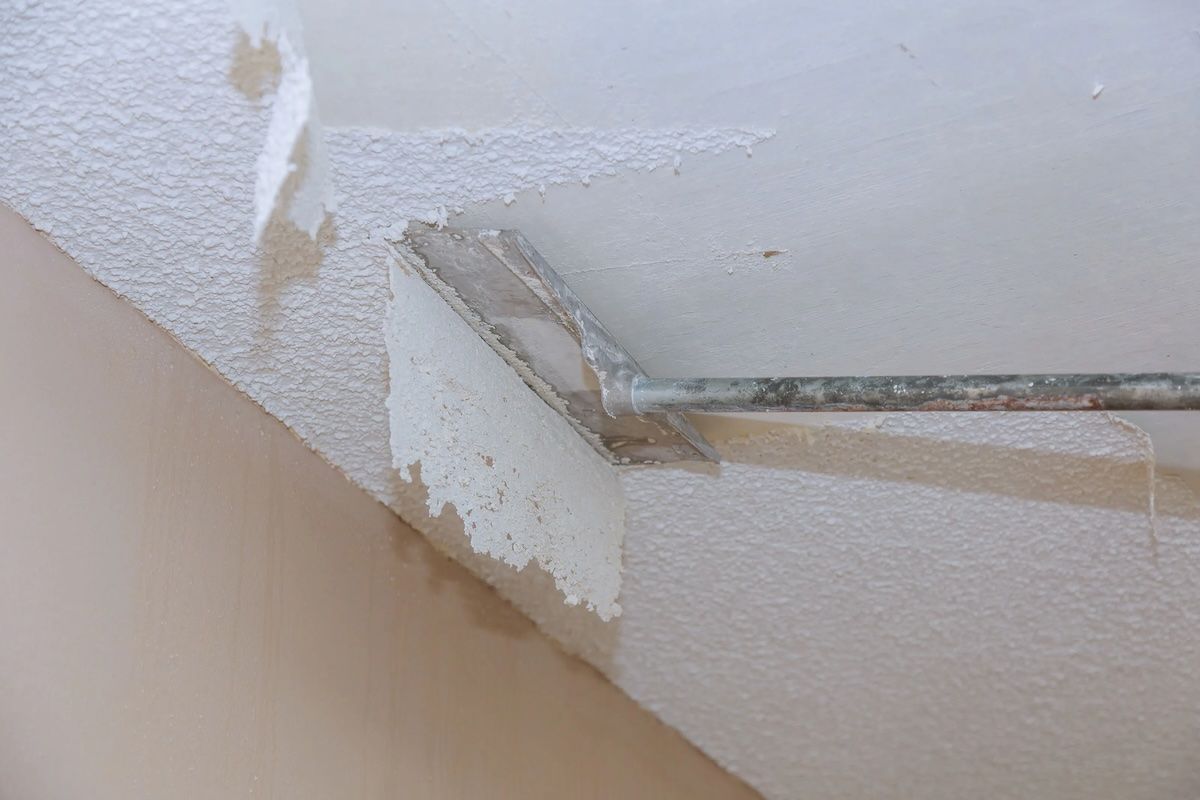How to Buy an Abandoned Property?
They are homes, apartments, commercial buildings, or land the owner has vacated without intention of returning. Alternatively, they can be properties on which the owner hasn’t paid their property taxes and are deemed effectively abandoned by the county.
Abandoned properties offer significant benefits, like below-market purchase prices and complete creative freedom. Finding, buying, and rehabilitating these properties can take time, patience, and considerable cash investment. Legal issues, major repairs, and budget uncertainty are par for the course with abandoned property investments.
While risky, abandoned buildings present patient, dedicated buyers with the opportunity to add major value through rehabilitation. This guide will explore how to strategically locate, assess, and purchase an abandoned property.
How Is a Property Determined to be Legally Abandoned?
Abandoned property refers to real property (land and buildings) that its owner has left without any intention of returning to reclaim ownership. How a property is determined to be legally abandoned depends on the jurisdiction in which it is located.
However, some common principles generally apply:
- Intentional Relinquishment: For property to be legally considered abandoned, the owner must have intentionally given up their rights to the property, providing clear evidence that they have no intention of returning or using the property.
- Local Regulations and Procedures: Many jurisdictions have specific regulations for dealing with abandoned real estate. These can include procedures for the government to take over the property, either to manage or sell it. For example, local governments may step in to address health and safety concerns if the property is neglected.
- Foreclosure and Tax Sale: If property taxes aren’t paid, they are usually subject to foreclosure. In such cases, the property can be sold at a foreclosure or tax sale to recover the owed amounts.
- Notification and Claim: Before a property is declared legally abandoned, there are typically notice requirements to attempt to contact the owner and give them a chance to reclaim the property.
Where to Find Abandoned Properties
Finding a viable “fixer-upper” opportunity takes diligent research and knowing where to look.
Public Records and Tax Offices
Most counties have official websites where you can access the county’s property tax records. Look for sections like “Property Tax Information” or “Tax Records.” These records are often free to access, though some counties might require creating an account.
On these pages, you can find properties with delinquent taxes that may soon be sold at a tax sale. If online resources are not available, you can visit the County Clerk or Recorder’s Office in person to access public records related to property taxes.
If you are diligent and persistent, you can efficiently access public databases to find properties with delinquent taxes without spending a lot of money. This gives new real estate investors and those hunting for a deal an opportunity to potentially identify abandoned properties.
Real Estate Agents
Real estate agents have their finger on the pulse of the market and are constantly paying attention to homes in the areas they service. They will quickly identify a home they think may potentially be abandoned.
Partner with local agents who specialize in distressed properties to leverage their expertise. When interviewing agents, ask about their experience with abandoned and neglected properties. Choose an agent who actively looks for fixer-upper opportunities and maintains relationships with contractors and crews who can renovate after purchase.
Provide the agent with a clear explanation of what you’re looking for in an abandoned property. Location, building type, lot size, and scope of repairs will help the agent cater the search. Then be patient, as finding just the right hidden gem can take time.
Working with the right real estate agent is a strategic way to access off-market abandoned properties before they are officially listed. The agent can help navigate every step from the initial showing to finally buying the abandoned property.
If you need help connecting with a knowledgeable real estate agent in your area who can find abandoned property deals, visit FastExpert to get matched with a seasoned pro.
Online Real Estate Auction Sites
Online real estate auctions can be excellent resources for finding abandoned and distressed properties in need of rehabilitation.
Home flippers and investors monitor key auction platforms in order to uncover “fixer-upper” opportunities before they hit the general market.
Useful sites to search include:
- Auction.com – This site partners with banks or mortgage companies to list foreclosed homes and commercial properties scheduled for upcoming auctions. Bidding often starts low, allowing buyers to purchase properties below market value.
- HUDHomestore.gov – The U.S. Department of Housing and Urban Development lists government-foreclosed residential properties for sale at auction. Most are in poor condition but offer renovation potential.
- U.S. Department of Treasury Seized Real Property Public Auctions – The Treasury department auctions off residential and commercial properties seized by the government, many of which are vacant and neglected.
- Local County Auctions – Counties hold real estate auctions to sell properties that owe significant back taxes. These can include abandoned homes and buildings.
When purchasing at auction, thoroughly research property histories, inspect in-person, and understand all terms and disclosures.
Online auctions allow investors to find discounted properties, but you usually don’t know the asset’s condition, so concealed rehabilitation costs are a risk – be sure to do your due diligence.
For those with the resources and expertise to take on major renovations, real estate auctions can be an avenue to acquire abandoned or foreclosed properties with strong profit potential. Monitoring auction platforms takes time and effort, but the reward can be scoring ideal opportunities.
Local Drive-Arounds
One of the most effective ways to spot potential abandoned properties is to simply drive around desired neighborhoods and look for signs of vacancy. Some tips for using when driving around:
- Drive slowly around target areas and look for neglected homes with signs of disrepair – peeling paint, overgrown landscaping, broken windows, etc.
- Note addresses of vacant-looking houses and research property records to see if they are truly abandoned or unclaimed property. Confirmed signs of vacancy aren’t always obvious from the street.
- Look for “For Sale by Owner” signs with sellers offering homes for suspiciously low prices. Could signal motivated sellers of properties that may get abandoned.
- Talk to neighbors of run-down properties and ask if they know anything about the owner and whether the owner decided selling or not. They may have insights into the owner’s intentions or whereabouts. Sometimes, properties can be owned by elderly or family members who just don’t know what to do with the property.
- Follow up on abandoned homes spotted from the street by contacting owners to gauge their interest in selling. Mention you are interested in fixing up and occupying.
- Drive alleys while scouting as many vacant properties have more neglected rears than front street views.
How to Buy Abandoned Properties
Finding an abandoned property with potential is one thing, actually acquiring it is another. Buying an abandoned home or building takes strategic navigation. Follow these key steps to turn a run-down vacant home or building into your next great rehab project.
Step 1: Hire a Real Estate Agent
Start by enlisting a real estate agent experienced in dealing with abandoned or distressed properties. They can provide valuable insights and access to resources that may not be publicly available.
Look for an agent who is a true specialist in this niche. Interview agents about specific distressed sales they have closed and ask for references from past fixer-upper clients.
Leverage FastExpert to get connected with a 5-star local agent in your area with a specialty in abandoned properties. A top-notch agent provides invaluable eyes and ears on the ground.
Step 2: Identify the Property Owner
Once you’ve found a property, research ownership records. The owner may be eager to unload a headache property. Reach out to express interest in purchasing and renovating their long-neglected home. The easiest way to purchase an abandoned property is if you can locate its owner and negotiate fair sale terms.
If you can’t locate the owner, search for any lienholders. The property may be tied up in foreclosure proceedings with the lender now controlling sale decisions. Identify and contact them.
Step 3: Conduct a Thorough Inspection
Thoroughly inspect properties for potential deal-breaking defects. If possible, hire a licensed home inspector to provide a full report on electrical, plumbing, roofing, foundation, and structural issues. Schedule walk-throughs with potential contractors to get professional repair estimates. Calculate overall rehab costs.
While abandoned properties often don’t allow inspection contingencies, this due diligence is critical for determining accurate repair budgets and overall viability.
Step 4: Secure Financing
Seek financing suited for taking on major fixer-uppers beyond conventional loans. Consider FHA 203(k) rehab loans, USDA rural rehab loans, hard money loans, or private lending.
An experienced real estate agent can advise on who to contact for current financing options and programs. Be ready to fund some repairs out of pocket until you can secure traditional financing post-renovation.
Crunch the numbers with projected rehab costs and potential resale value – make sure the deal pencils out profitably after repairs.
Step 5: Make an Offer and Negotiate
Calculate your starting offer based on rehab costs and after-repair value. Remember, this is just your opening bid – be ready to negotiate, especially if the property’s in foreclosure – your agent can help craft strategic counteroffers. Stay flexible to reach a mutually beneficial agreement with the owner or bank.
Step 6: Close the Deal
You’ve made an offer, negotiated the details, and now it’s time to finalize everything. Finalize all required legal and financial paperwork to close the deal. Ensure that you have a clear title to the property to avoid future disputes.
Review everything thoroughly with your agent and attorney. You want no questions about ownership down the road. Also, budget for closing costs, as most sellers of abandoned homes will not want to pay closing costs. Expect them to be 3-6% of the purchase price.
Once 100% complete, it’s time to grab the keys. When buying an abandoned home, your first priority after purchase should be securing it, which means changing all locks and making sure that all windows lock. Homes that have been empty for long periods of time are much more likely to get vandalized, and you want to protect your new investment.
Pros and Cons of Buying Abandoned Properties
Buying an abandoned property may seem tempting – who wouldn’t want a dirt cheap house to fix up and flip for big profit?
But before jumping in, weigh the potential pros and cons objectively.
The Benefits of Buying an Abandoned House
Taking on an abandoned property rehab comes with risks, but the cost savings and potential profit make it worth considering for savvy investors.
Cost Savings
Abandoned homes often sell way below market value, offering significant room for the value to increase after renovations. You can acquire the property at a fraction of what a move-in ready home costs.
Even with major investments in repairs and upgrades, you can still resell at a healthy profit margin thanks to a low purchase price. This provides a buffer for unforeseen rehab expenses.
Less Competition
Fewer buyers are willing to tackle the headaches and uncertainties of renovating an abandoned home. Without bidding war competition, you gain stronger negotiating leverage to further lower the sale price.
Less competition also takes the pressure off making quick decisions, allowing you proper time to assess investment potential.
Creative Freedom
An empty, rundown house provides a blank canvas to remodel and customize based on your own vision. Without feeling like you have to preserve existing finishes or layouts, you can transform the shell completely.
This flexibility lets you add unique character and maximize future resale value through customized renovations.
The Downsides of Buying an Abandoned Property
While abandoned homes offer enticing benefits, several major downsides need careful consideration.
High Upfront Costs
Rehabilitating an abandoned property requires substantial upfront capital. From structural repairs to new roofing, plumbing, electrical – costs add up quickly. Thousands more go toward kitchens, bathrooms, flooring and finishing work. Always budget extra for unanticipated expenses.
Legal and Bureaucratic Hurdles
Prepare for potential complications surrounding titles, liens, zoning variances, contacting previous owners and more. An abandoned home often comes with messy legal baggage. Navigating all the red tape takes patience and persistence.
Investment Risk
The costs and timeline to remodel an abandoned property are highly unpredictable. Despite planning and budgeting, surprises still happen that can blow timelines and budgets – be conservative in estimates and have contingency funds available.
Turning Around an Abandoned Property Takes Preparation and a Strong Team
Taking on an abandoned home rehab is a major undertaking. From finding a promising property to evaluating costs to negotiating the deal and planning renovations, there are a lot of moving parts. It can get overwhelming fast.
With so much complexity, it pays to have knowledgeable real estate and legal professionals on your team. Their expertise is invaluable for navigating the unique challenges of abandoned properties at each stage.
Save yourself headaches (and money) by teaming up with the licensed real estate experts in your area. Visit FastExpert today to connect with local agents eager to guide your next abandoned property project to success.





